A Guide to ICSI Cost in Spain
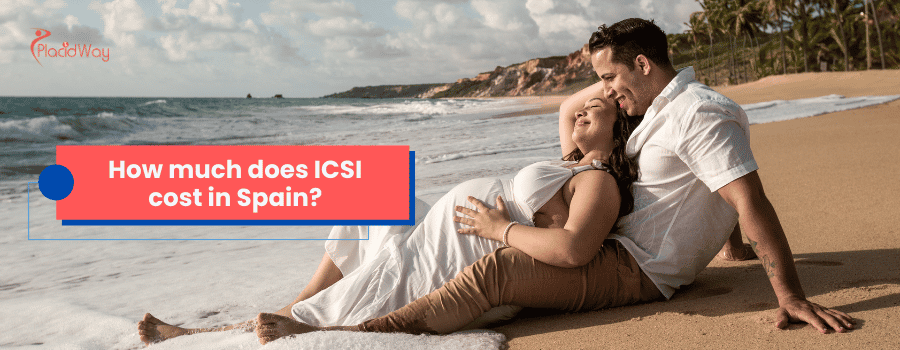
Undergoing fertility treatment is a significant decision, both emotionally and financially. Intra-Cytoplasmic Sperm Injection, or ICSI, is a highly effective assisted reproductive technology often performed as part of In Vitro Fertilization (IVF) to help couples conceive. Spain has emerged as a popular destination for fertility treatments due to its advanced clinics, experienced specialists, and competitive pricing. This comprehensive guide will answer all your pressing questions about the cost of ICSI in Spain, ensuring you have all the information you need to make an informed choice.
How much does an ICSI cycle typically cost in Spain?
"A standalone ICSI cycle in Spain typically ranges from €3,500 to €7,100, often included as part of a broader IVF package."
The price of an ICSI cycle in Spain can vary, but generally falls within the range of €3,500 to €7,100. It's important to note that ICSI is almost always performed in conjunction with In Vitro Fertilization (IVF), meaning the quoted price often covers the combined IVF-ICSI treatment. This range accounts for various factors such as the clinic's reputation, location, the specific services included in the package, and the patient's individual needs. Spain offers a competitive alternative to many other Western countries, making it an attractive option for those seeking high-quality fertility care at a more accessible price point.
What is typically included in the quoted ICSI cost in Spain?
"The quoted ICSI cost in Spain typically includes the ICSI procedure itself, initial consultations, ovarian stimulation monitoring, egg retrieval, embryo culture, and the first embryo transfer."
Most fertility clinics in Spain offer comprehensive packages for ICSI treatment. These packages commonly cover several key components of the process. This usually starts with the initial assessment and diagnostic consultations, followed by the monitoring of ovarian stimulation through ultrasounds and blood tests. The actual ICSI procedure, where a single sperm is injected into each egg, is included, as are the egg retrieval procedure, embryo culture in the laboratory, and the first embryo transfer. However, it's crucial to clarify what is and isn't included with each clinic, as some may offer more extensive all-inclusive packages while others itemize certain services.
Are medications included in the ICSI treatment cost in Spain?
"Medications for ICSI treatment in Spain are generally not included in the base price and can add an additional €500 to €1,500 to the total cost."
One significant factor that can influence the overall cost of ICSI is the price of fertility medications. These hormonal drugs are essential for ovarian stimulation, a crucial step in the IVF-ICSI process. While some clinics might include a basic medication allowance, it's more common for these costs to be separate. The price of medications can fluctuate based on the specific drugs prescribed, the dosage required, and the duration of the stimulation period. Patients should budget an additional €500 to €1,500 for medications when planning their ICSI treatment in Spain.
What are the factors that influence the total ICSI cost in Spain?
"The total ICSI cost in Spain is influenced by the clinic's location and reputation, the need for additional procedures, the type of fertility drugs used, and whether donor gametes are required."
Several factors contribute to the final cost of ICSI in Spain. These include:
- Clinic Location and Reputation: Clinics in major cities like Barcelona and Madrid may have slightly higher prices due to overheads and demand, while smaller cities might offer more competitive rates. Highly renowned clinics with state-of-the-art facilities and high success rates may also command higher fees.
- Additional Procedures: The need for supplementary procedures like Preimplantation Genetic Testing (PGT), embryo freezing, or assisted hatching will increase the overall ICSI cost.
- Medication Protocol: The specific type and dosage of fertility medications can vary significantly, directly impacting the medication expenses.
- Donor Gametes: If donor eggs or donor sperm are required, these will add considerably to the total cost, as they involve additional screening, compensation for donors, and laboratory processes.
- Number of Cycles: Some clinics offer discounted packages for multiple ICSI cycles, which can reduce the per-cycle cost if more than one attempt is anticipated.
How does the cost of ICSI in Spain compare to other European countries?
"The cost of ICSI in Spain is generally competitive, being more affordable than countries like the UK or the US, but potentially higher than some Eastern European nations like the Czech Republic or Greece."
Spain is often considered a mid-range option for fertility treatments in Europe, balancing high-quality care with reasonable pricing. For instance, a basic IVF-ICSI cycle in the UK can cost significantly more, often ranging from £5,000 to £8,000, excluding medications. In contrast, countries like the Czech Republic or Greece might offer slightly lower prices, with IVF-ICSI cycles starting from €2,500 to €4,000. However, Spain's robust legal framework for assisted reproduction, high success rates, and extensive experience with international patients often make it a preferred choice, even with a slightly higher price tag than some Eastern European counterparts.
Is Preimplantation Genetic Testing (PGT) included in the ICSI cost?
"Preimplantation Genetic Testing (PGT) is typically not included in the standard ICSI cost in Spain and is an additional service, usually costing between €1,000 and €2,000."
PGT, which involves screening embryos for genetic abnormalities before transfer, is an advanced procedure that can significantly improve success rates and reduce the risk of genetic disorders. While highly beneficial for certain patients, it is considered an add-on service and will incur an extra charge. Clinics in Spain generally quote PGT separately, with prices ranging from €1,000 to €2,000, depending on the scope of testing (e.g., PGT-A for aneuploidy, PGT-M for monogenic diseases, PGT-SR for structural rearrangements) and the number of embryos analyzed.
What is the cost of embryo freezing and storage after ICSI in Spain?
"The cost of embryo freezing and storage after ICSI in Spain is typically an additional fee, ranging from €300 to €1,500 for the first year, with annual storage fees thereafter."
After an ICSI cycle, it's common to have surplus embryos that can be frozen for future use. This process, known as cryopreservation, offers patients the flexibility to undergo subsequent transfers without repeating the entire stimulation and retrieval process. The initial cost for embryo freezing usually includes the vitrification process and storage for the first year. Subsequent annual storage fees are then applied. Patients should inquire about these charges upfront, as they can vary between clinics and are a common additional expense to consider.
Are there any hidden fees associated with ICSI treatment in Spain?
"While most reputable IVF Clinics in Spain are transparent with their pricing, potential hidden fees in ICSI treatment can include unexpected diagnostic tests, additional medication requirements, extended embryo culture, or charges for specific laboratory techniques not initially quoted."
To avoid surprises, it's essential to thoroughly review the treatment plan and cost breakdown provided by the clinic. While many clinics aim for transparency, some factors might not be explicitly highlighted in the initial quote. These can include:
- Initial diagnostic tests: While some consultations include basic tests, more extensive diagnostic workups (e.g., specific blood tests, hysteroscopy) might be charged separately.
- Emergency medication adjustments: If a patient requires higher doses of medication or different types due to their response, this can increase the medication cost beyond the initial estimate.
- Extended culture: Culturing embryos to the blastocyst stage (Day 5 or 6) rather than Day 3 might incur an extra fee.
- Advanced lab techniques: Specialized techniques like assisted hatching or sperm DNA fragmentation analysis may not be part of the standard package.
- Follow-up consultations: Post-transfer consultations or early pregnancy scans might sometimes be billed separately.
Always ask for a detailed itemized list of all potential costs before starting treatment.
Can I get a personalized quote for ICSI in Spain?
"Yes, most fertility clinics in Spain offer personalized quotes for ICSI treatment based on a thorough initial consultation and assessment of your specific medical history and needs."
A generalized price list can give you an idea, but the exact cost of ICSI for your unique situation will depend on various factors. Clinics in Spain are accustomed to providing personalized quotes after an initial consultation, which often involves reviewing your medical history, conducting diagnostic tests, and discussing your fertility goals. This individualized approach ensures that the treatment plan and associated costs are tailored to your specific requirements, providing a more accurate estimate.
What payment options are available for ICSI in Spain?
"Fertility clinics in Spain typically accept various payment options for ICSI, including direct bank transfers, credit/debit card payments, and sometimes offer financing plans or package deals for multiple cycles."
To facilitate access to treatment, clinics in Spain generally provide flexible payment methods. The most common options include direct bank transfers, major credit and debit cards. Some clinics may also have partnerships with medical financing companies or offer in-house payment plans to help spread the cost. Additionally, multi-cycle packages are often available, which can reduce the per-cycle cost if more than one attempt is anticipated, offering a more economical option in the long run.
Is ICSI covered by health insurance in Spain?
"ICSI treatment in Spain is generally not covered by public health insurance for international patients, and private health insurance coverage varies significantly, often excluding fertility treatments."
For international patients, public healthcare systems in Spain do not typically cover elective fertility treatments like ICSI. While some national public health systems may offer limited fertility treatment to residents, this usually doesn't extend to non-residents or for advanced procedures like ICSI. Private health insurance policies may offer some coverage, but it's crucial to review your specific policy details, as many plans either exclude fertility treatments entirely or have strict limitations and waiting periods. It is highly recommended to clarify coverage directly with your insurance provider before planning your treatment.
What is the typical success rate for ICSI in Spain?
"The typical success rate for ICSI in Spain is high, often mirroring or exceeding European averages, with live birth rates ranging from 30% to 50% per cycle, depending on factors like maternal age and cause of infertility."
Spain is renowned for its high-quality fertility clinics and impressive success rates in assisted reproductive technologies. While individual success rates can vary based on factors such as the woman's age, the cause of infertility, and the clinic's specific protocols, many Spanish clinics report live birth rates for ICSI in the range of 30% to 50% per cycle, especially for younger patients. Clinics often publish their success rates, and it's advisable to review these statistics and discuss them with your chosen clinic to understand what to expect given your specific circumstances.
How long does an ICSI treatment cycle in Spain take?
"An ICSI treatment cycle in Spain typically takes approximately 2 to 3 weeks from the start of ovarian stimulation to embryo transfer, with additional time for initial diagnostics and follow-up."
The timeline for an ICSI cycle can be broken down into several phases. The initial diagnostic tests and consultations can take a few days or weeks, depending on how quickly appointments can be scheduled. The ovarian stimulation phase, where medications are administered to encourage egg production, usually lasts around 10-14 days. This is followed by the egg retrieval, ICSI procedure, and embryo culture, which take about 3-5 days. Finally, the embryo transfer occurs, usually within a week of retrieval. Patients typically need to be in Spain for the majority of the stimulation and retrieval phases.
What qualifications should I look for in an ICSI clinic in Spain?
"When choosing an ICSI clinic in Spain, look for accreditation by recognized medical bodies, experienced reproductive endocrinologists and embryologists, transparent success rates, positive patient reviews, and state-of-the-art laboratory facilities."
Selecting the right clinic is paramount for a successful ICSI journey. Key qualifications and characteristics to consider include:
- Accreditations: Ensure the clinic is accredited by relevant Spanish and international medical organizations, indicating adherence to high standards of care and safety.
- Expert Team: Look for clinics with highly qualified and experienced reproductive endocrinologists, embryologists, and support staff.
- Transparent Success Rates: Reputable clinics openly share their success rates, often broken down by age group and type of treatment.
- Technology and Facilities: Modern laboratories with advanced equipment are crucial for successful ICSI and embryo development.
- Patient Support: Comprehensive patient support services, including counseling, international patient coordination, and language assistance, are vital for a smooth experience.
- Reviews and Testimonials: Positive feedback from previous patients can offer valuable insights into the clinic's quality of care and patient experience.
Is donor sperm an additional cost with ICSI in Spain?
"Yes, if donor sperm is required for ICSI in Spain, it is an additional cost, typically adding around €450 to €1,000 to the overall treatment fee."
When male factor infertility is severe or if a single woman or same-sex female couple is undergoing ICSI, donor sperm may be necessary. Spanish law allows for anonymous sperm donation, and clinics maintain sperm banks with rigorously screened donors. The cost for donor sperm is separate from the base ICSI procedure and covers the procurement, screening, and processing of the sperm sample. This additional expense should be factored into your budget if donor sperm is part of your treatment plan.
Can I combine ICSI with egg donation in Spain?
"Yes, ICSI is routinely combined with egg donation in Spain, offering a highly effective fertility solution, though this combination significantly increases the total cost, typically ranging from €6,000 to €11,000."
Spain is a leading destination for egg donation, and ICSI is almost always performed when using donor eggs. This combination is particularly beneficial for women with diminished ovarian reserve, poor egg quality, or certain genetic conditions. While highly successful, ICSI with egg donation comes at a higher price due to the additional costs associated with donor recruitment, screening, compensation, and synchronization of cycles. The total cost can vary widely based on the specific clinic and whether the donor egg program offers guarantees or multiple cycles.
What is the difference between IVF and ICSI in terms of cost in Spain?
"In Spain, ICSI is a specific fertilization technique typically performed as part of an IVF cycle, meaning its cost is usually integrated into the overall IVF package, rather than being a separate, distinct price difference."
Traditionally, IVF involves placing sperm and eggs together in a dish to allow fertilization to occur naturally. ICSI is a more advanced technique where a single sperm is directly injected into an egg. Given the advancements in reproductive medicine, most IVF cycles in Spain now routinely include or recommend ICSI, especially in cases of male factor infertility or when previous IVF cycles have had low fertilization rates. Therefore, when clinics quote "IVF," it often implicitly includes ICSI, and any significant cost difference would be for a pure, basic IVF cycle without ICSI, which is becoming less common for many patients. If there's a standalone charge for ICSI, it's usually a minor add-on to the base IVF fee.
To learn more about various healthcare services and medical tourism opportunities, feel free to explore PlacidWay.




.png)

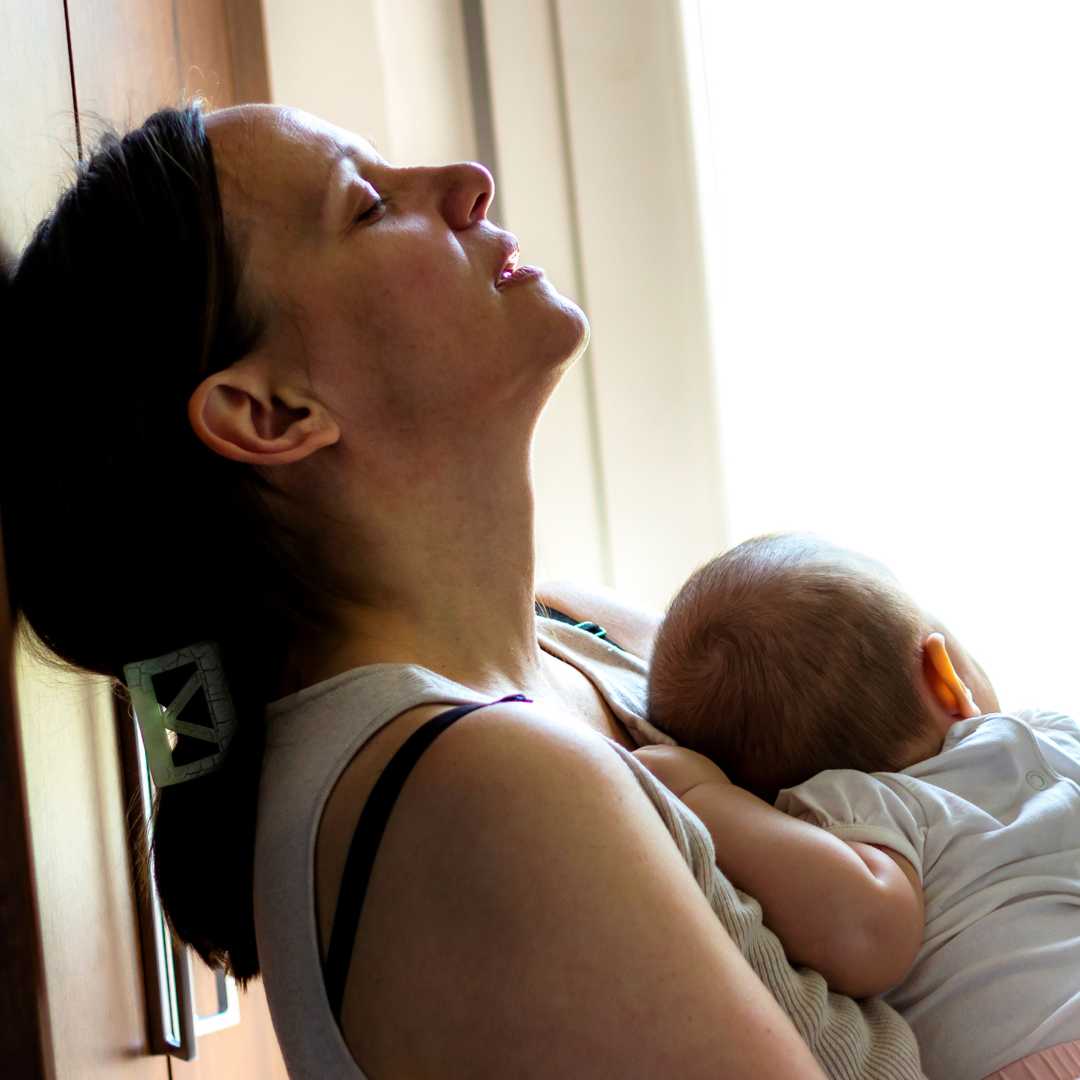

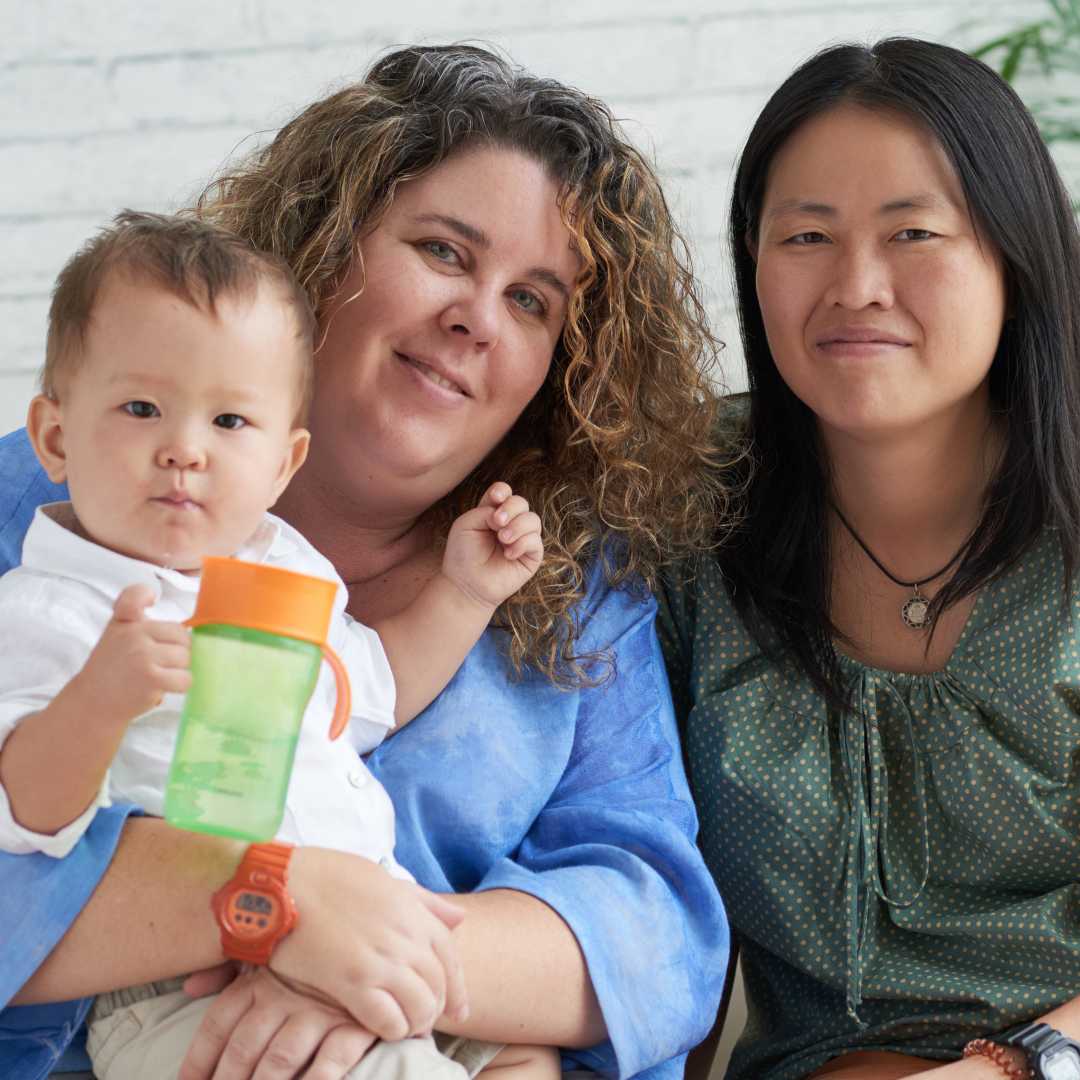
.png)
.png)
.png)
.png)
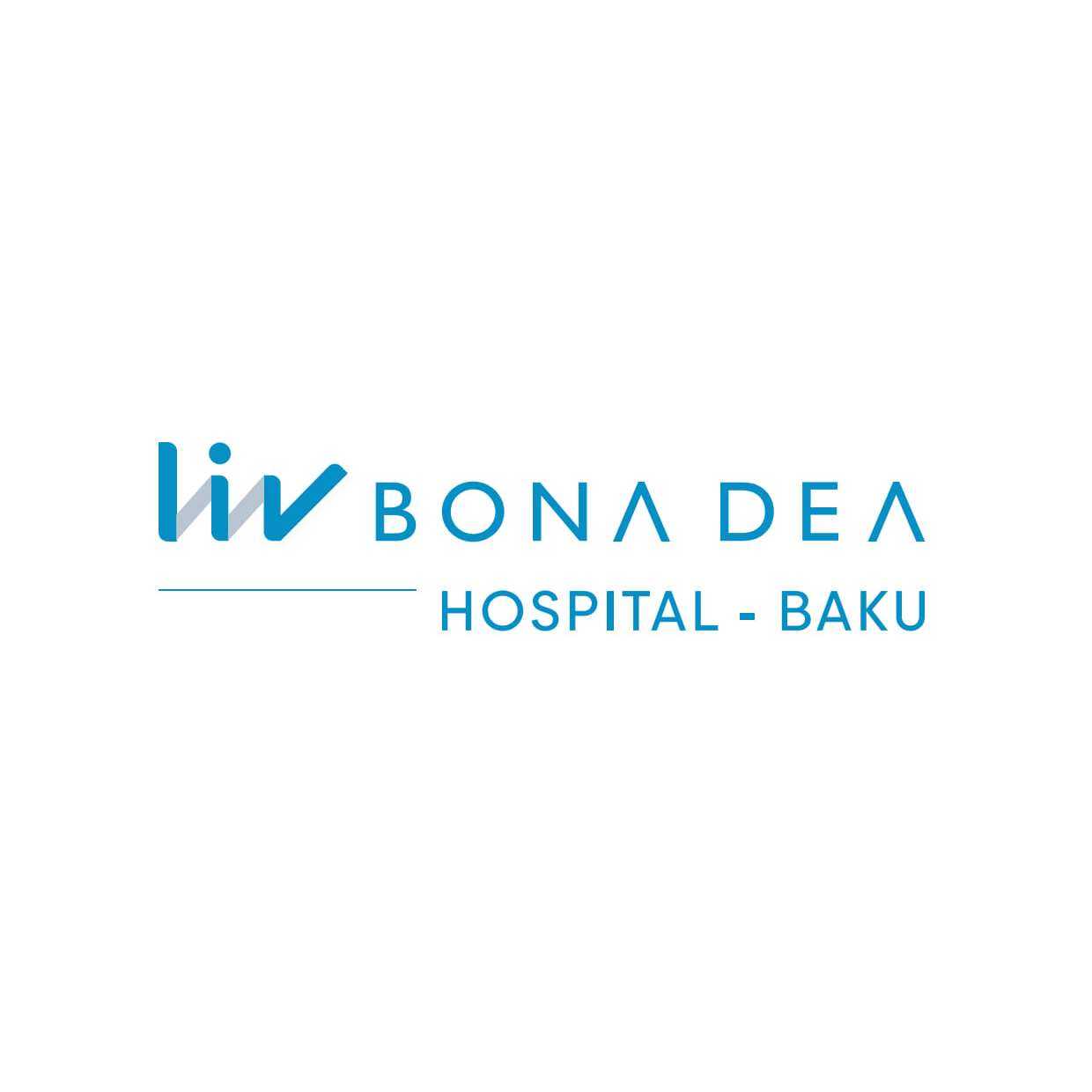

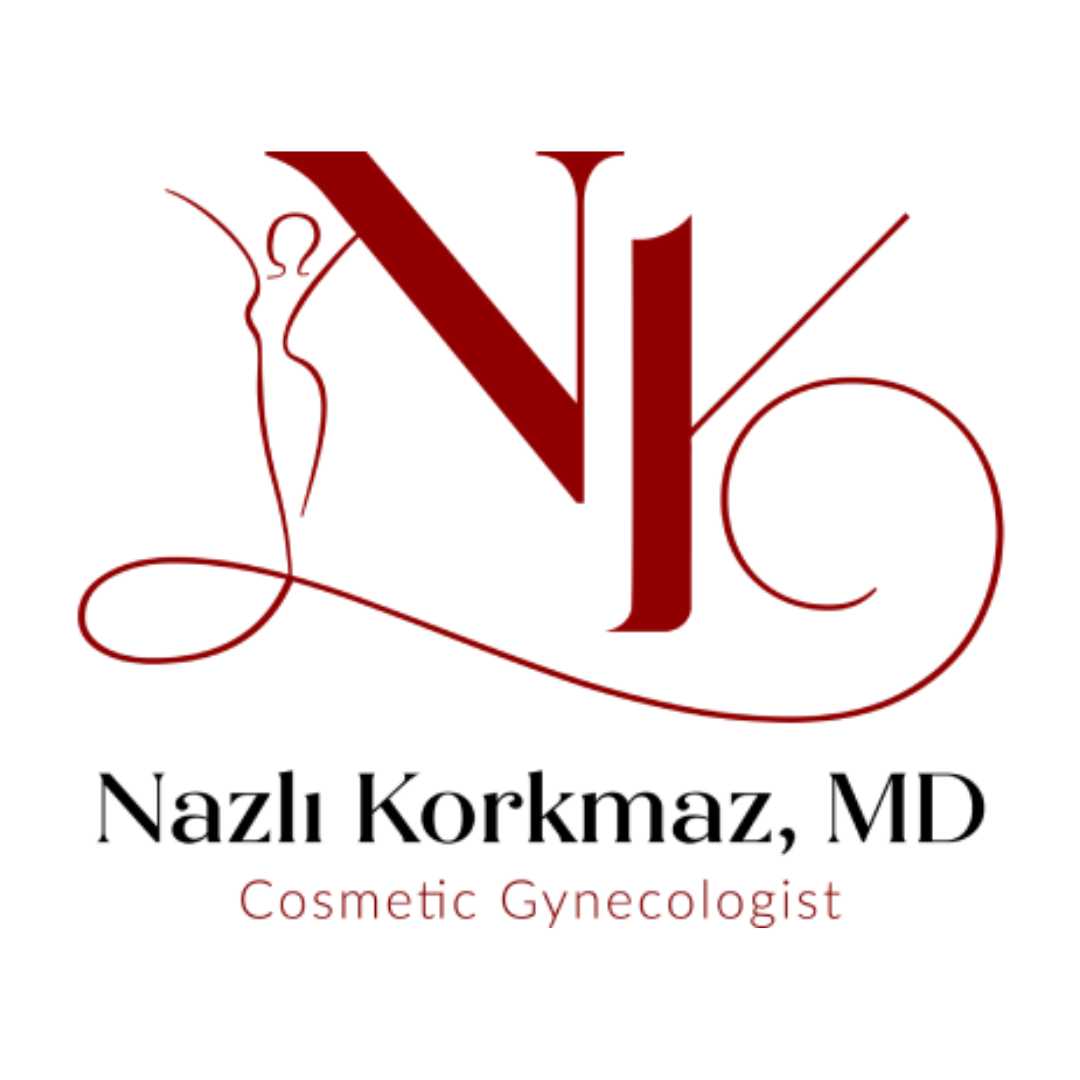
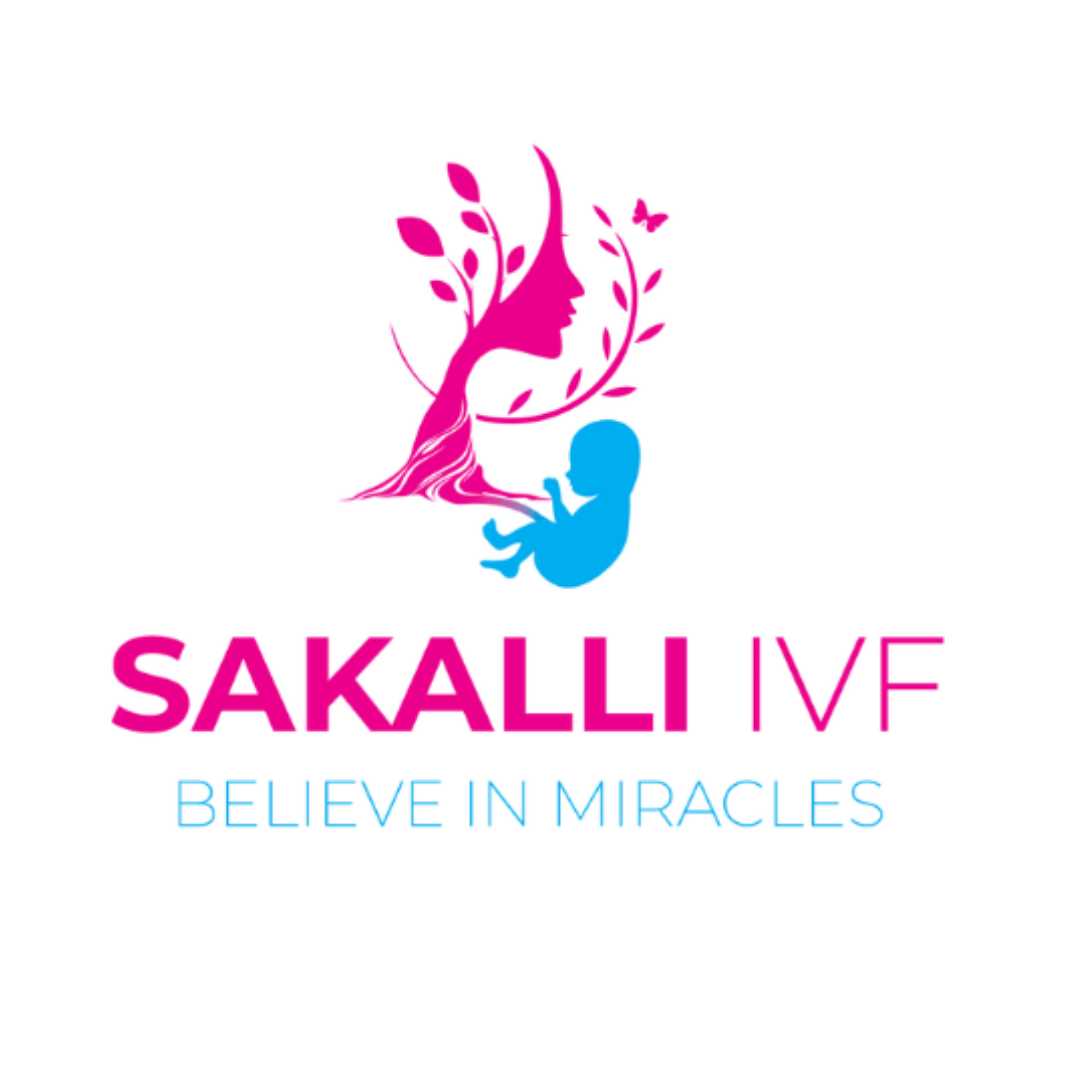
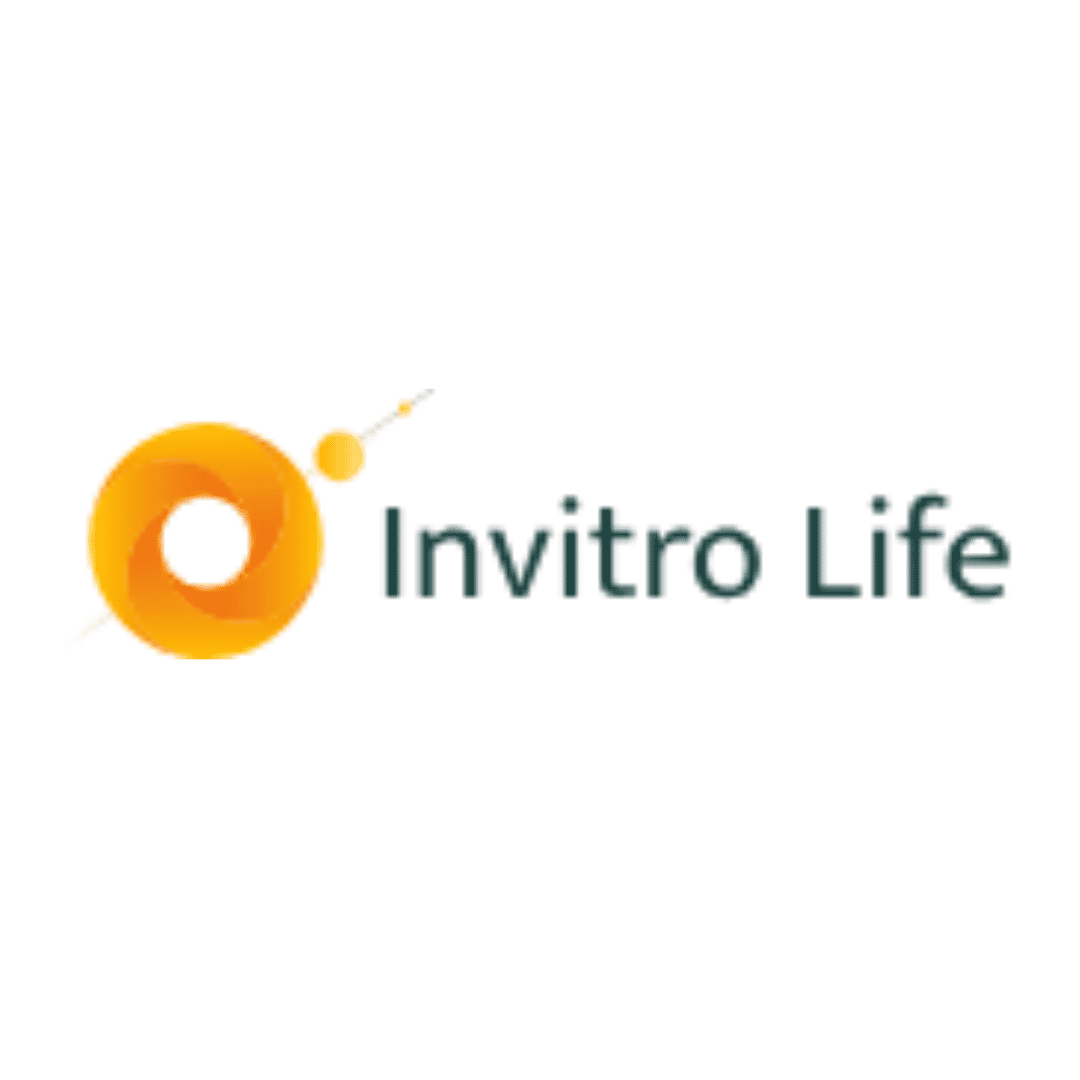

Share this listing